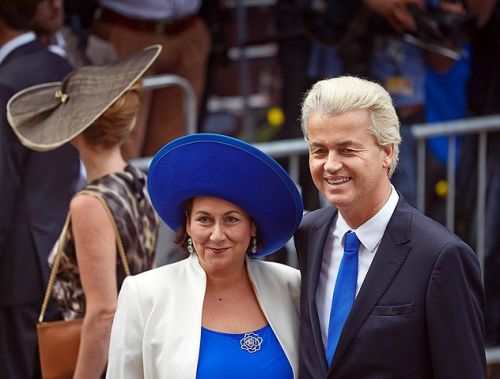Why Thierry Baudet’s Forum for Democracy is good news for right-wing Holland – even Geert Wilders. By Ignyaz Degtyarov.

Thierry Baudet, leader of Forum for Democracy.
On the eve of the Dutch general elections, commentators foreign and domestic still focus on whether or not Geert Wilders’s PVV (Freedom Party) will emerge as the ‘winner’.
As we have explained in a previous article, ‘winning’ is a nebulous concept in relation to the Dutch electoral system. To recap: the Dutch political spectrum is so fragmented that it is impossible for a single party to win more than half of the 150 seats in the House of Representatives. Parties therefore have to form coalitions – also called cabinets – to obtain a governmental majority.
What this system of co-operations and compromise means for the situation at hand is that, even if the PVV ‘wins’ the elections by gaining the most seats, it will need to find at least two, but probably three other parties to form a government coalition with. All other major parties – including the right-liberal VVD of incumbent prime minister Mark Rutte – have excluded the possibility of partnering with the PVV after the March 15 elections.
At this point, the most likely scenario is that the VVD will become either the biggest or the second-biggest party, and Mark Rutte will be able to remain prime minister by forging a cabinet with several centrist and centre-left parties: D66 (progressive centrists), CDA (centrist Christian-democrats), and GroenLinks (centre-left greens).
New hope for Holland: Thierry Baudet
With Wilders’s outlook on the prime-ministership being exceptionally bleak, it is easy to lose hope. There is, after all, no realistic scenario that would end Holland’s long-standing hegemony of liberalism and its pro-immigration, pro-EU tendencies.
Enter Thierry Baudet. This 34-year-old publicist and intellectual, in the summer of 2016, reluctantly transformed his Forum For Democracy (FVD) from a think tank into a political party.
Continue reading

